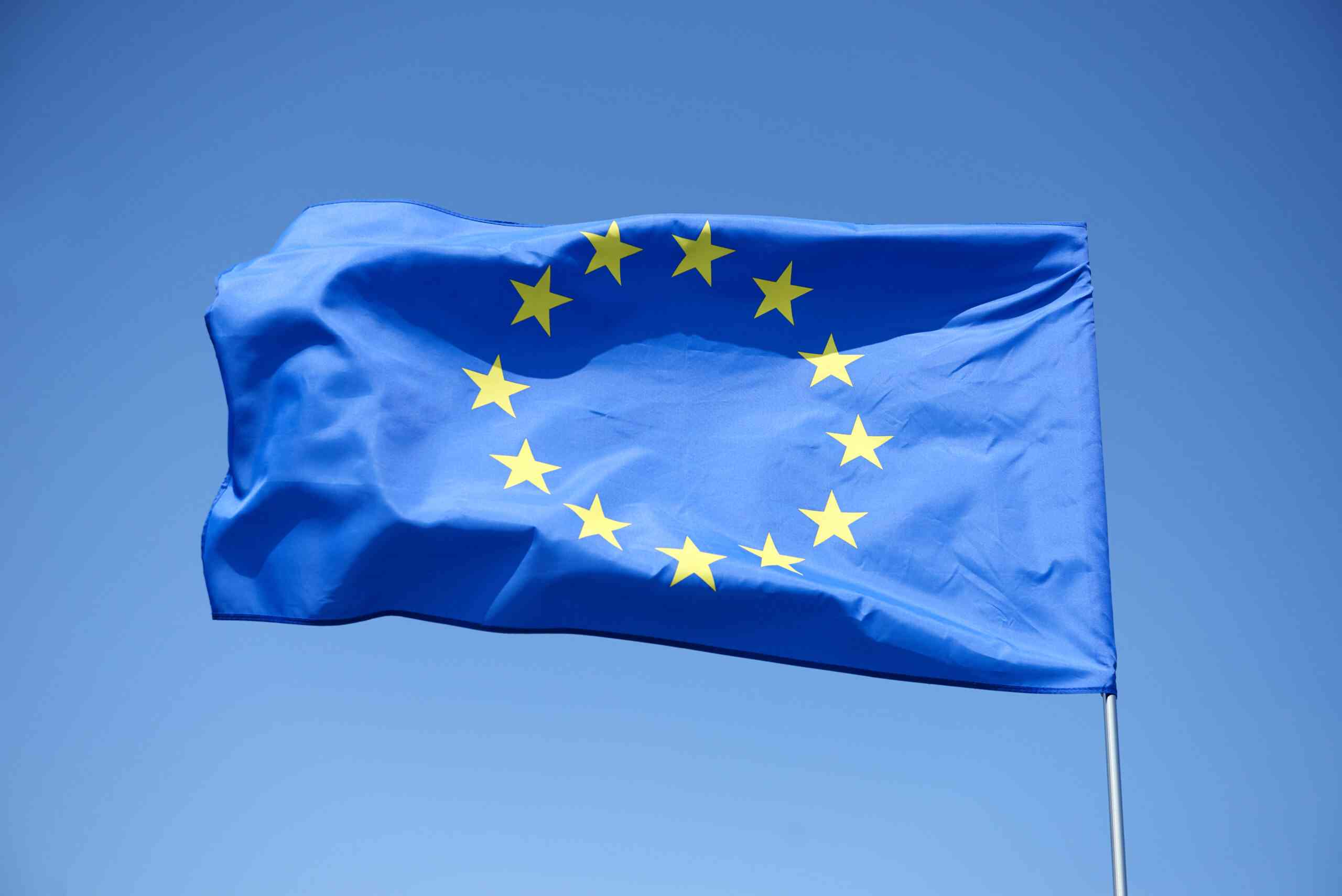Science
The Moon, Jupiter, and a Final Farewell: March Sky Full of Wonders
02 March 2026

Over the past year, the European Parliament has brought out two big guns against major digital corporations. At the beginning of 2022, an act on digital services was passed, and a year later an internationally unprecedented AI Act was adopted. Let's see what the new regulations will change.
With new legislation, MEPs are trying to bring a new order to a market devoid of any regulations. The metaphor of the Wild West is often used to describe the state of the digital realm. In an interview with VOX magazine, Hannah Fry, a mathematician and researcher of digital platforms, points out the technological hot mess, where collecting data on users’ preferences and behaviors does not require their permission, and trading sensitive data between advertisers is commonplace. The result is the gradual transformation of people into products, and the interested parties themselves don’t even realize it. According to Fry, the author of Hello World: How to Be Human in the Age of the Machine, we should start evaluating algorithms according to their net cost borne by society: “we need the equivalent of the FDA, an agency that could protect the intellectual property of the company that came up with the algorithm, but also ensure that it is not harmful to the public in any way.”
With the new regulations, the European Commission is trying to build on the previous milestone in the digital field, the General Data Protection Regulation. The privacy- and data-protection legislation adopted by the EU at the time would not only affect the situation within the EU, but also shift the way other countries around the world think about personal data.
Read also:
The provisions within the DSA (Digital Services Act) are intended to better protect consumers and their fundamental rights on the Internet, defining more precisely the obligations and responsibilities of online platforms, among other things, as well as harmonizing diverse policies in different EU member states. The decision-makers in Brussels are whetting their appetite in particular for the largest players, referred to in the act as “very large online platforms,” meaning those providing their services to at least 45 million people within the EU. The DSA requires the digital giants to disclose to regulatory bodies the working of algorithms developed by big tech companies. By this means, the EU seeks to regulate the issue of illegal use of tracking mechanisms (including cookies). To monitor adherence to the newly adopted law, the European Centre for Algorithmic Transparency (ECAT) has been established. Companies that fail to comply with the new restrictions risk fines of up to 6 percent of their annual turnover in the European Union.
The AI Act will categorize artificial-intelligence tools not according to their inherent advancement, but on the basis of risk assessment. The lawmakers are proposing to divide them into four main categories of risk: unacceptable (level forbidden in use), high, limited (posing a risk of manipulation), and minimal.
A report prepared by the research group Polityka Insight outlines the most important changes resulting from the AI Act. A high-risk category was assigned to actions using AI tools within the following systems:
From now on, the burden of proof will be on the high-risk system provider to demonstrate that its algorithms do not engage in prohibited and exclusionary practices. This definitively changes the balance of power on the path of a digital consumer in asserting their rights in court. In other words, the AI Act is all about establishing as much transparency as possible.
The successes of algorithms in many fields are impressive, but their indiscriminate use pushes a mass of complications and dangers onto society. Everywhere you look – in the judicial system, in healthcare, in policing and even in e-commerce – there are issues of privacy, bias, error, accountability, and transparency. By adding to this bundle the unregulated urge for expansion and the audacity of big corporations (big tech) from across the pond, in this battle Europe resembles a brave David still awkwardly confronting a much larger adversary. Perhaps a unified European battlefront, resilient to the actions of lobbyists and fake whistleblowers, together with airtight rules and regulations, will be able to create a digital space that is as transparent as possible and focused on defending the interests of citizens
Sources:


Truth & Goodness
01 March 2026

Zmień tryb na ciemny